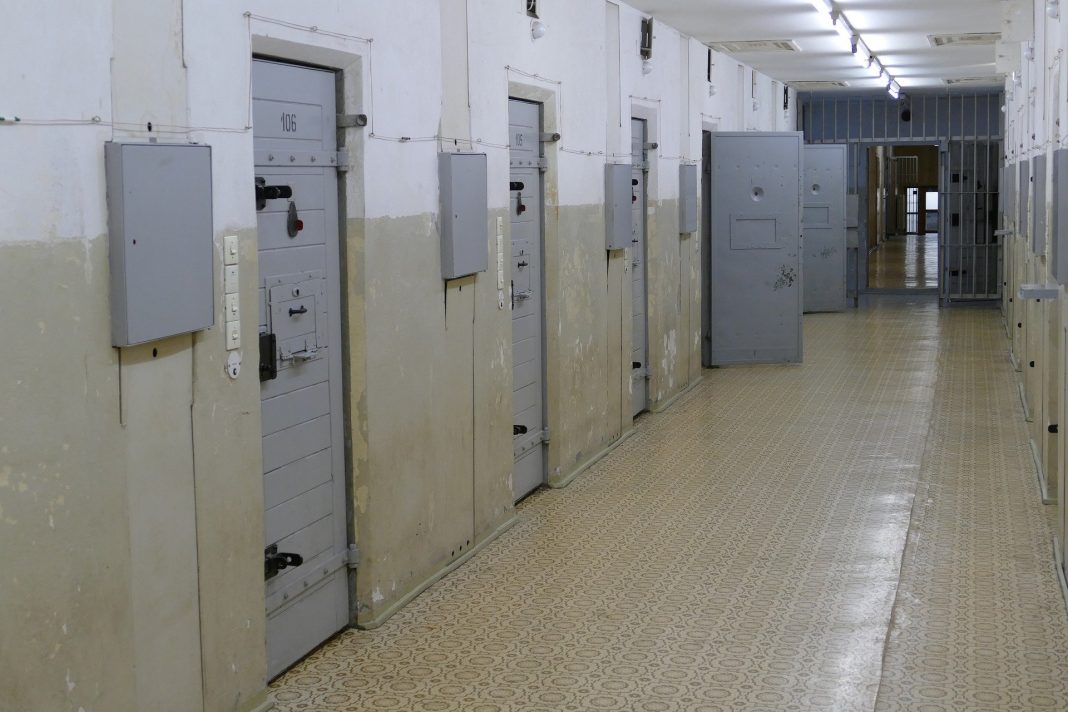A prison in the Turkish province of Şırnak has imposed a ban on the use of Kurdish language during phone calls between inmates and their families, the Stockholm Center for Freedom reported, citing the TR724 news website.
According to Fadıl Tay, a lawyer from the Şırnak Bar Association’s Human Rights Commission, the new warden of the prison told inmates that they are not allowed to speak with their families in Kurdish during phone calls.
Tay said the restriction is a clear breach of inmates’ rights, calling it unconstitutional.
“This ban reminds us of the oppressive policies of the 1990s, when inmates were only allowed to ‘speak Turkish’,” he said. “This is simply a continuation of those repressive policies.”
The ban on Kurdish is reportedly part of a broader pattern of increasing rights violations at the prison. The restrictions extend beyond language use, with inmates prohibited from hugging family members during open visits and legal representatives barred from bringing pens and documents into the facility.
The Şırnak Bar Association said it plans to conduct a thorough investigation on August 13 to document these violations and pursue appropriate legal actions.
Kurds in Turkey are often pressured not to speak their native language. Authorities frequently claim that people speaking in Kurdish are chanting slogans in support of the Kurdistan Workers’ Party (PKK), which has been leading an armed insurgency against Turkey’s security forces since the ’80s in a campaign that has claimed the lives of some 40,000 people.
Prohibitions against the use of Kurdish in Turkey go back many years. Kurdish language, clothing, folklore and names were banned in 1937. The words “Kurds,” “Kurdistan” and “Kurdish” were among those officially prohibited. After a military coup in 1980, speaking Kurdish was formally forbidden, even in private life.
The visibility of Kurdish on TV and in the print media was only made possible in the early 2000s thanks to significant progress made in the country’s bid to become a member of the EU.
Yet, the drift towards nationalism and the ruling Justice and Development Party’s (AKP) alliance with the far-right Nationalist Movement Party (MHP) in the last decade has led to an increase in anti-Kurdish racist attacks.



